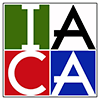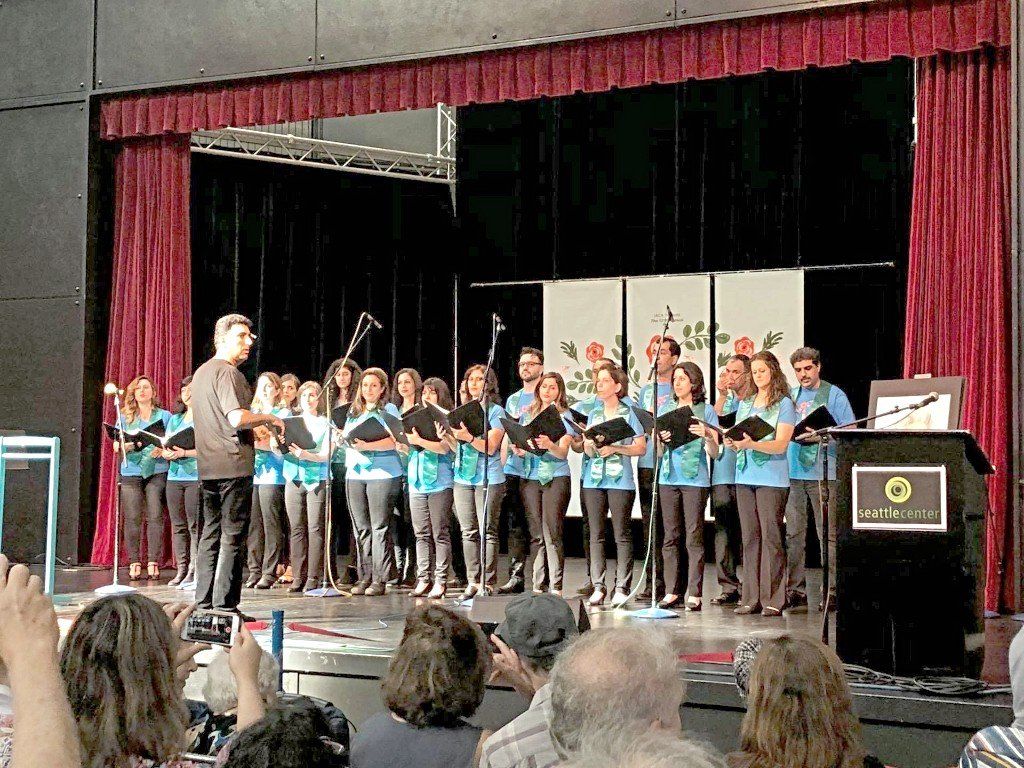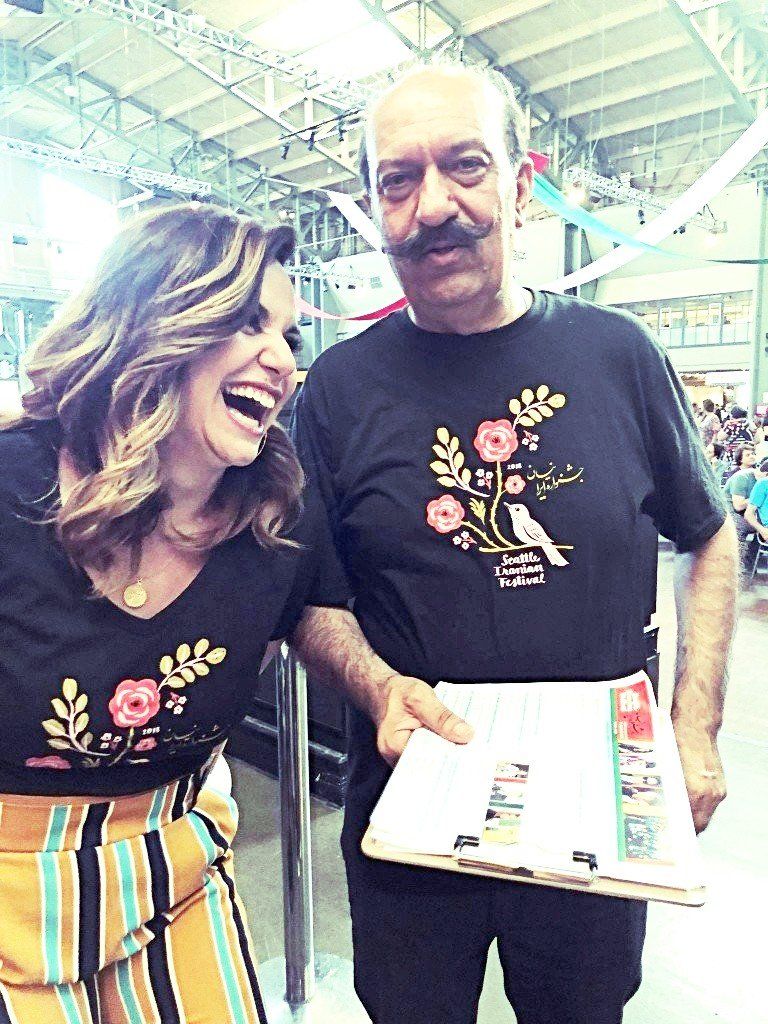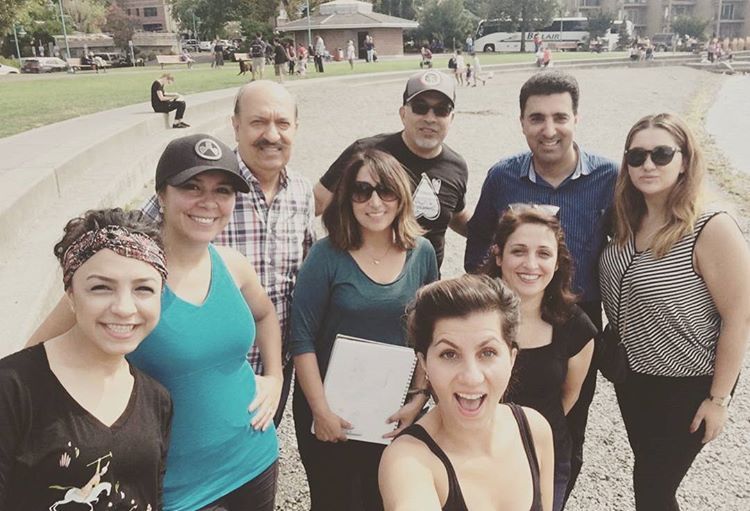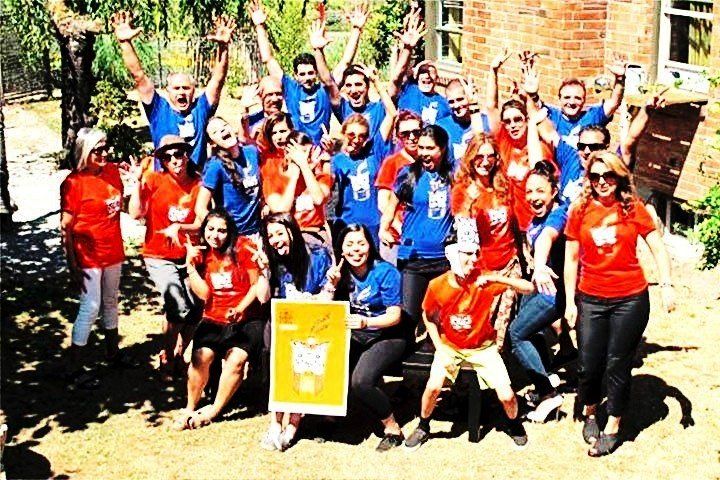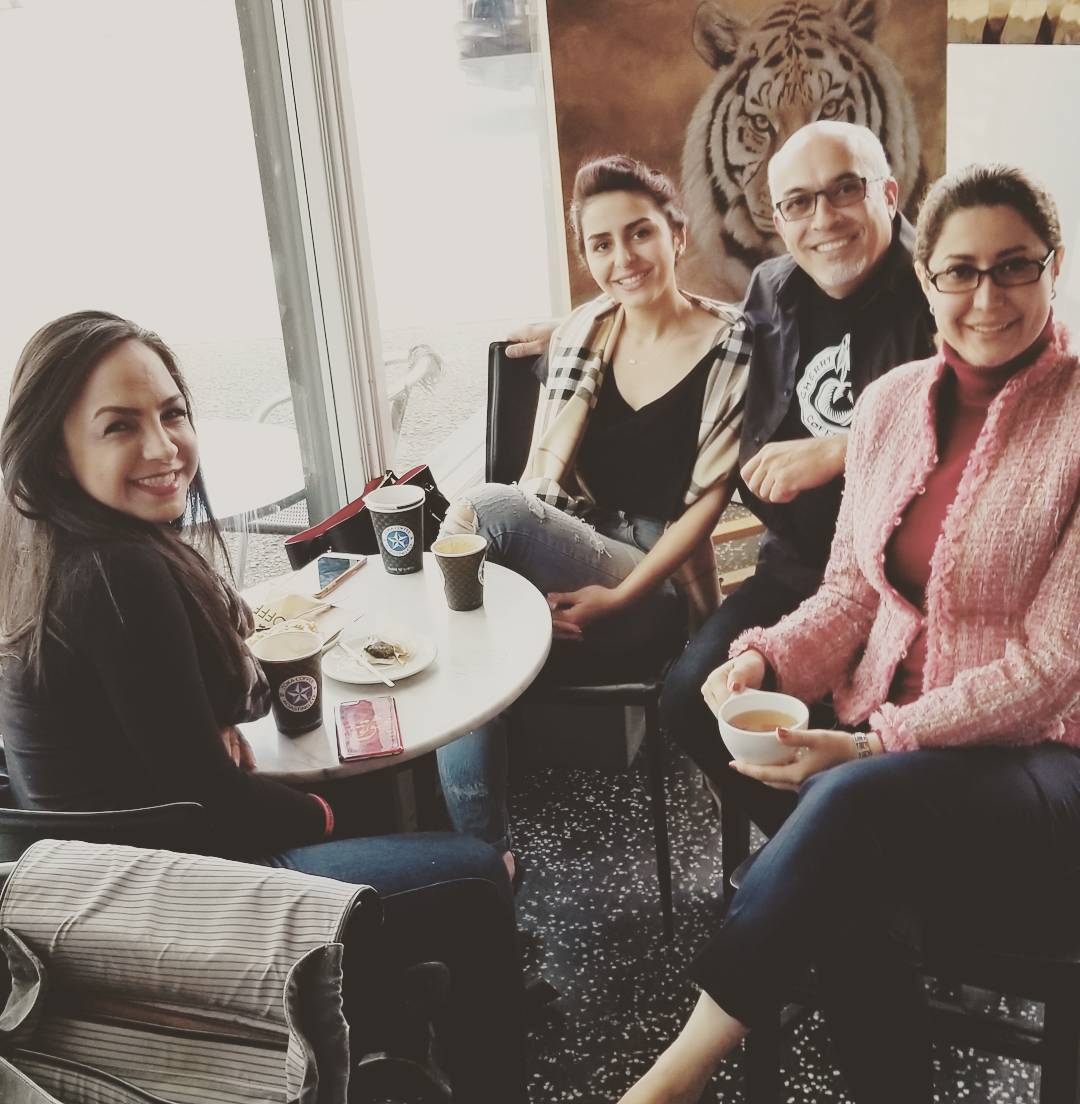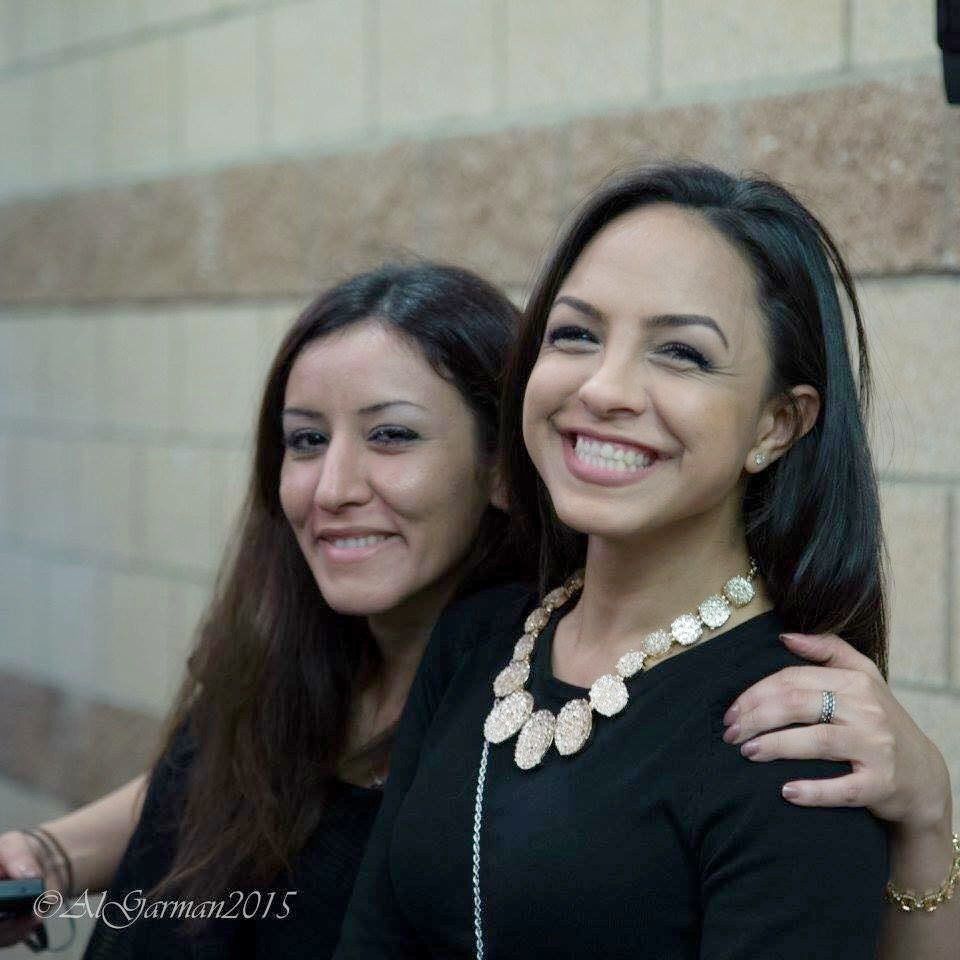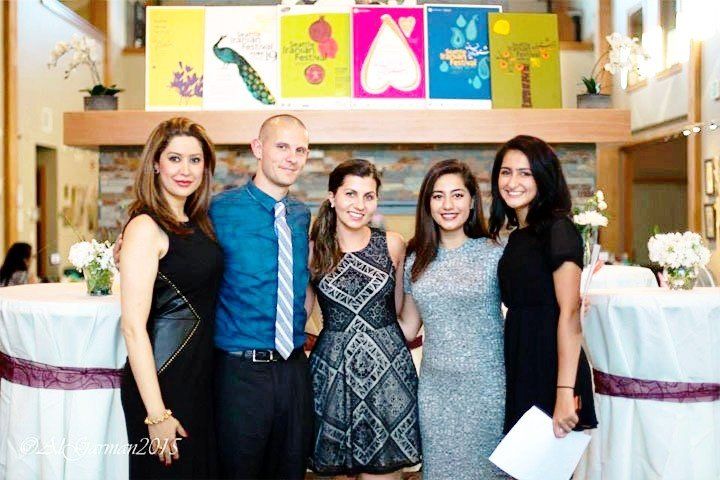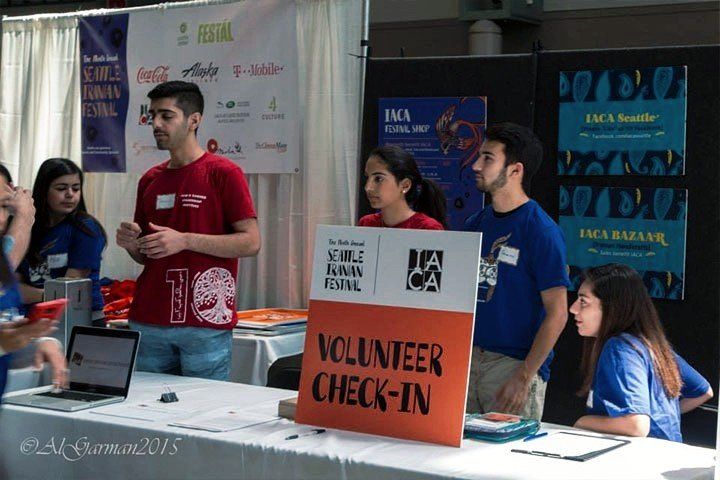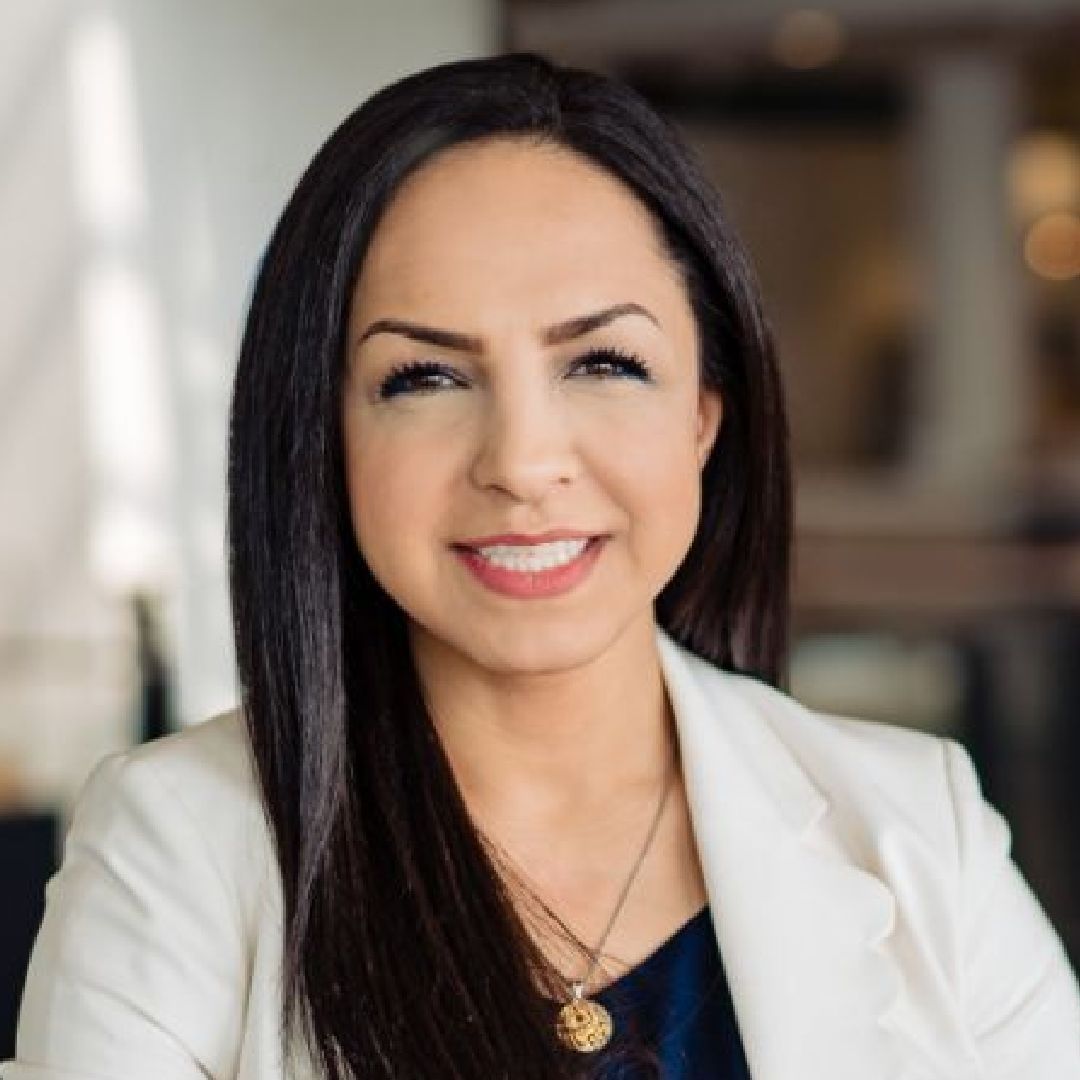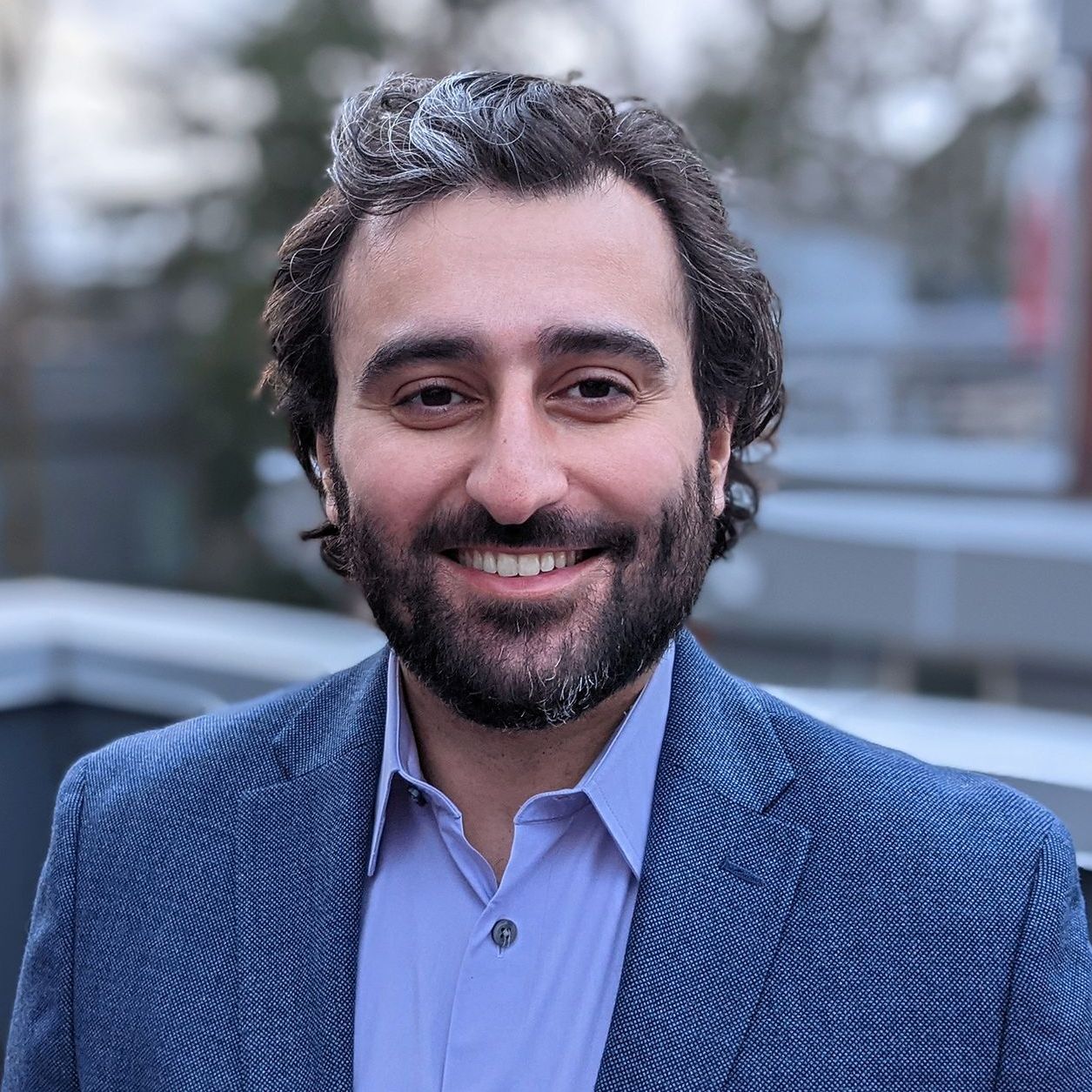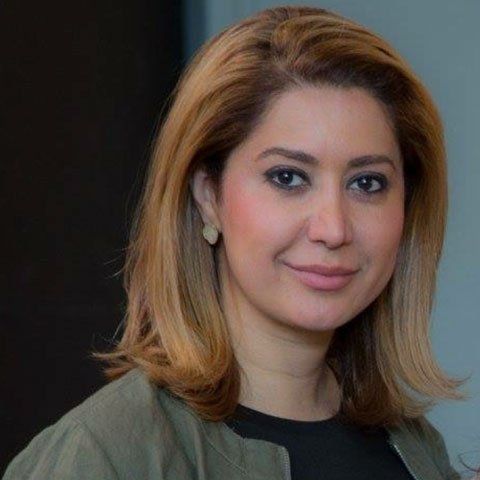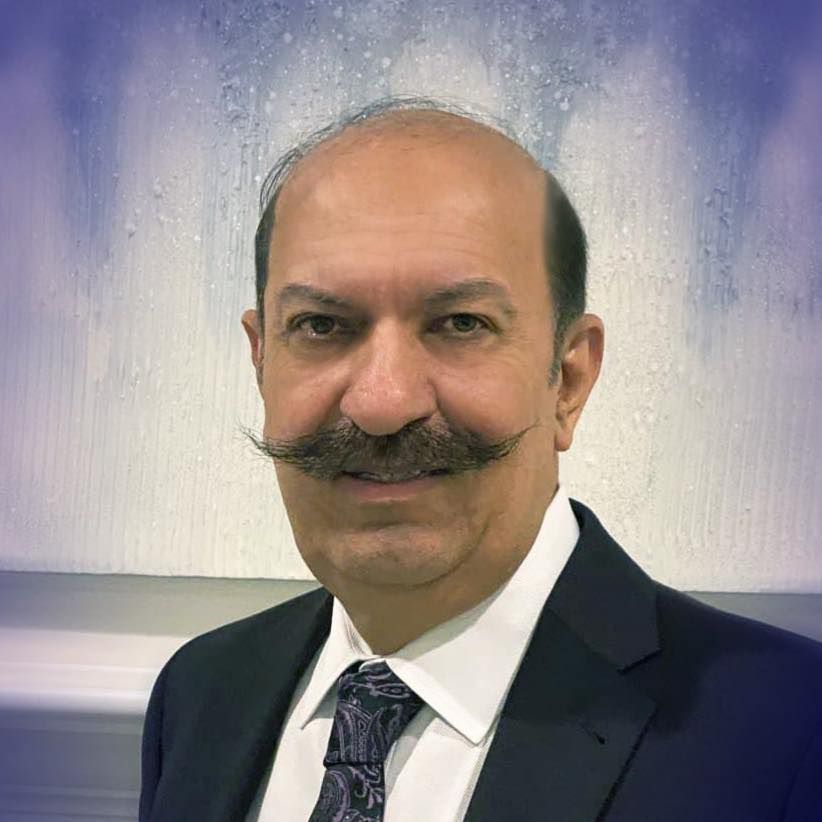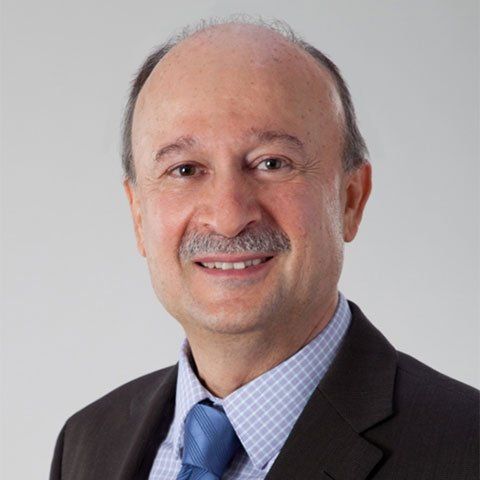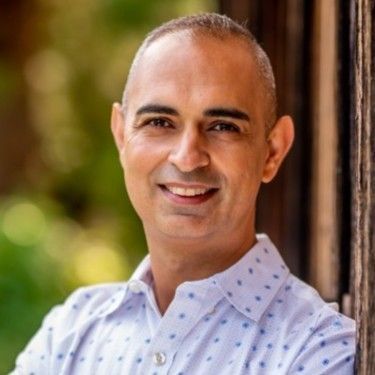Who We Are
The Iranian American Community Alliance is a Seattle-based, 501(c)(3) non-profit, non-religious, and non-political organization, working to unite, strengthen, and mobilize the Iranian American community and serve the greater Seattle area.
We are a cultural and community based organization focused on cultural and educational programs, like the Seattle Iranian Festival, and youth and leadership development through community service.
With a passion to build bridges within and between communities, the IACA desires not only to serve the Iranian American community but also our neighbors in the greater Seattle community. Embracing values of diversity, unity, and solidarity, the IACA teams with other reputable organizations and strives to make a positive impact in the lives of all of our brothers and sisters.
We are guided by the following principles and values in our work:
- Appreciate diversity & build unity
- Demonstrate dedication & passion
- Commit to positive change
- Mentor future leaders and appreciate experience and wisdom of our elders
- Build bridges within and between communities
- Be open and honest, exhibiting transparency in our operations.
In order to achieve its goals, IACA is proud to partner with amazing local, national and international non-profit organizations and businesses, which share its vision. In order to learn about some of our partnerships, please visit our Community Partners and Sponsors page.
LEADERSHIP
The IACA is led by a passionate group of volunteers who believe strongly in our mission. These people include the Board of Directors, the Advisory Board, and individual volunteers. Every individual plays a key role in fostering a vibrant Iranian American community.
We seek to not only bring our current Iranian American community together, but also to promote the future prosperity of ones to come. In order to accomplish this, we have solicited and deeply appreciate support from the older Iranian and Iranian American generations. At the same time, we are fostering new leaders by recruiting the second generation to play key roles in the organization.
